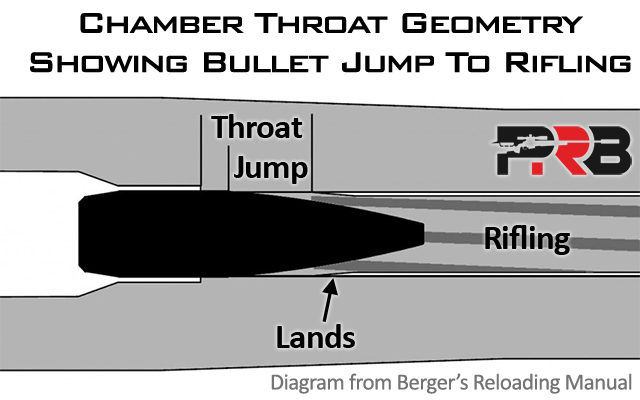Could be. How would you go about doing such a test in a way it actually could produce meaningful data? I have personally seen what I believe to be differences in precision based on different seating depths, but I’m still trying to figure out how to test in in a meaningful way. There’s so many different variables too. What works in one barrel may or may not work in another.
So there’s how it would be conducted in a lab, which I don’t think is useful to discuss here, and then there’s how you would do it in the field.
That being said, the most simplest designs are generally the best designs because they’re easy to implement and cheaper to conduct. Why? You can tweak pretty much everything on a weapon system. From the firing pin, bipod, and all the way down to how much you seat a primer. The combinations are massive. To test all of them, you’d need like 3 barrels and that’s a waste. So, some factors need to be held constant to make a test simple. For instance, only using one bullet, one powder charge, one primer type, one neck tension, and the same shooting environment, shooting surface, and shooting style (don’t switch from prone to bench in the middle of a test).
If I was curious about bullet jump variation and wanted to satisfy statistical assumptions, I would choose two or three bullet jump settings that are far a part and have multiple observations per setting. I’d decide what settings would be practical. For instance, I do not like to jam rounds. So I wouldn’t test it. Something like 0.02”, 0.08”, and 0.14” jump. Then I would shoot at least say 20 rounds per jump. All in random order under the same firing conditions; 60 rounds total, all in one shooting session, annd all in random order.
Variance is additive. Variance of the shooter, variance of the rifle at a particular ammunition config, variance of the ammo manufacture (you), variance of the ammo components, and variance of the environment all sum together. Trying to partition variance and assigning it to a difference in bullet jump of say 0.005” is a pipe dream. Not in most field conditions will anyone be able to do that. There are some good bench rest and f-class shooters that deserve a little more trust in their methods, but I’ve examined some of their test designs and they’re not that great. I’ll say this, they’d never be published in a scientific journal or any DoD research lab wouldn’t take their results seriously, but people will eat it up on YouTube.


